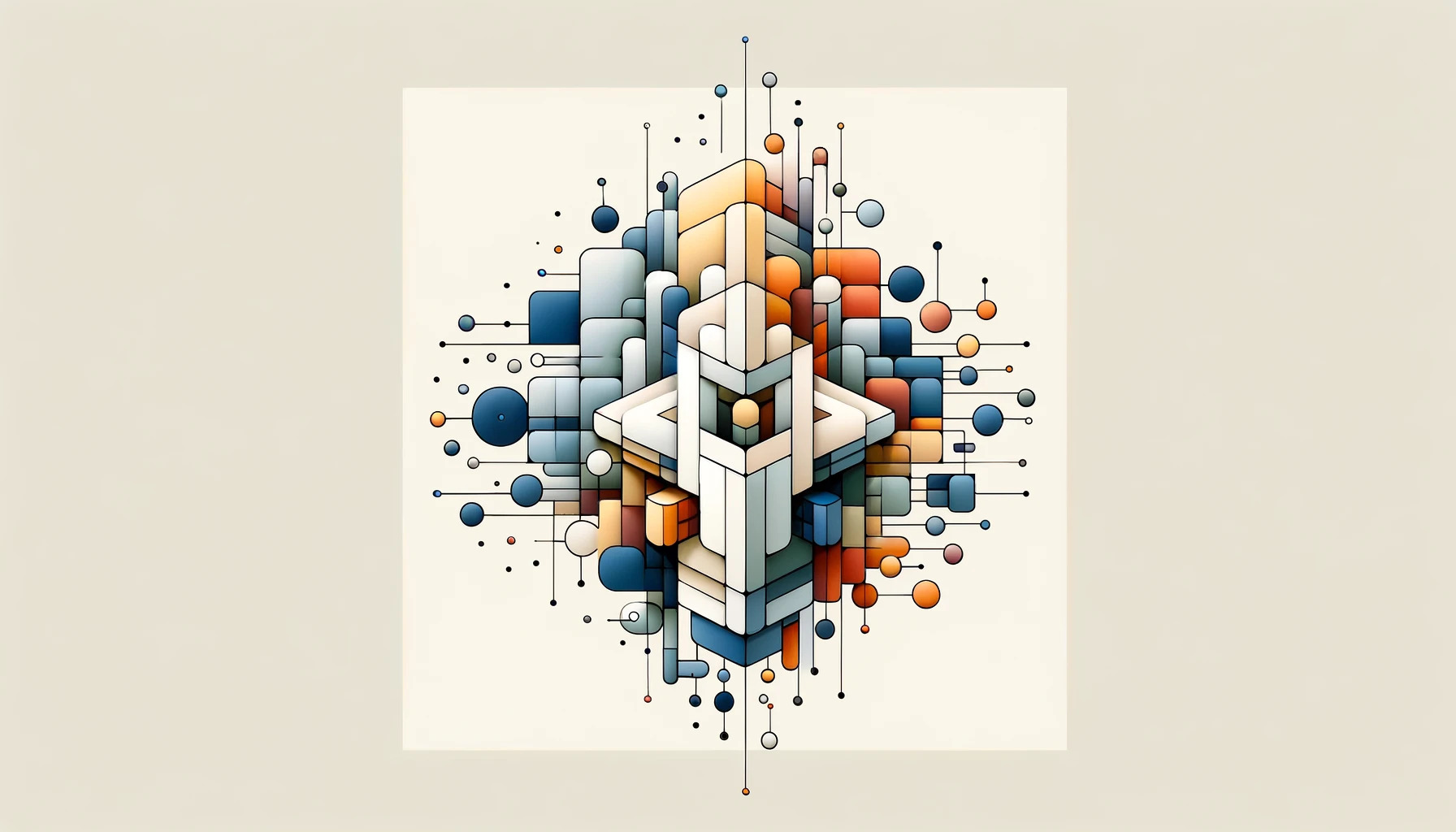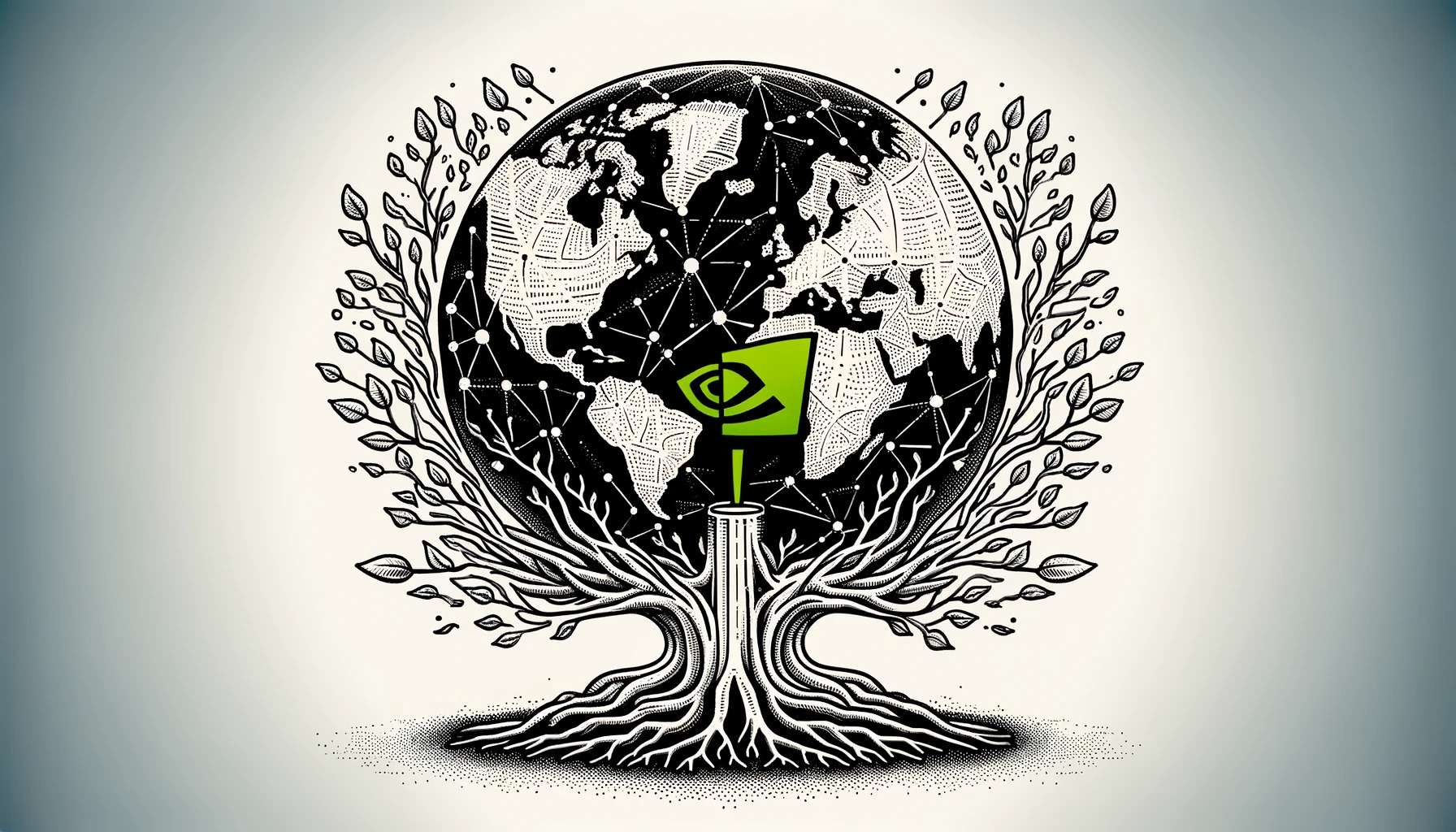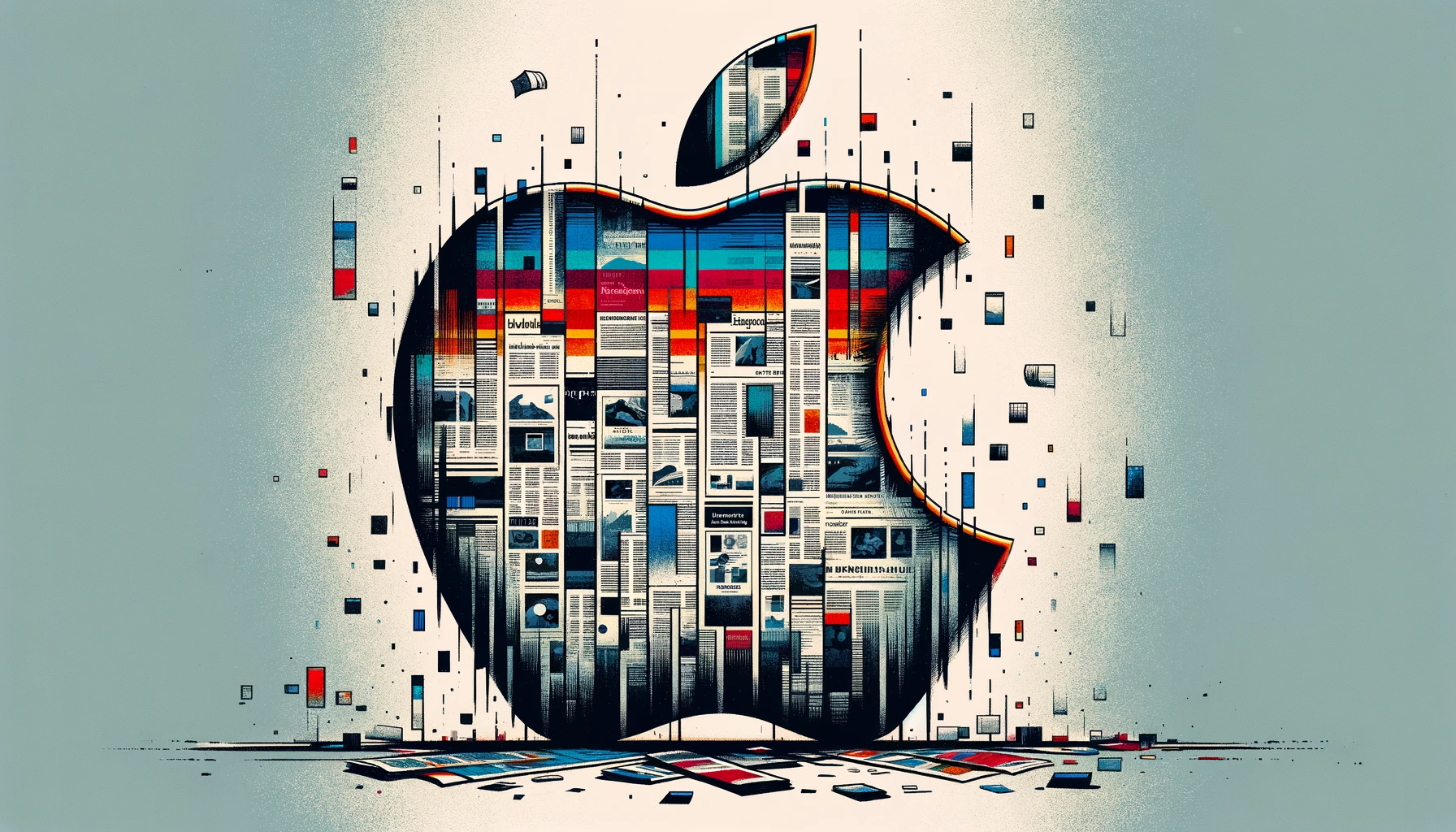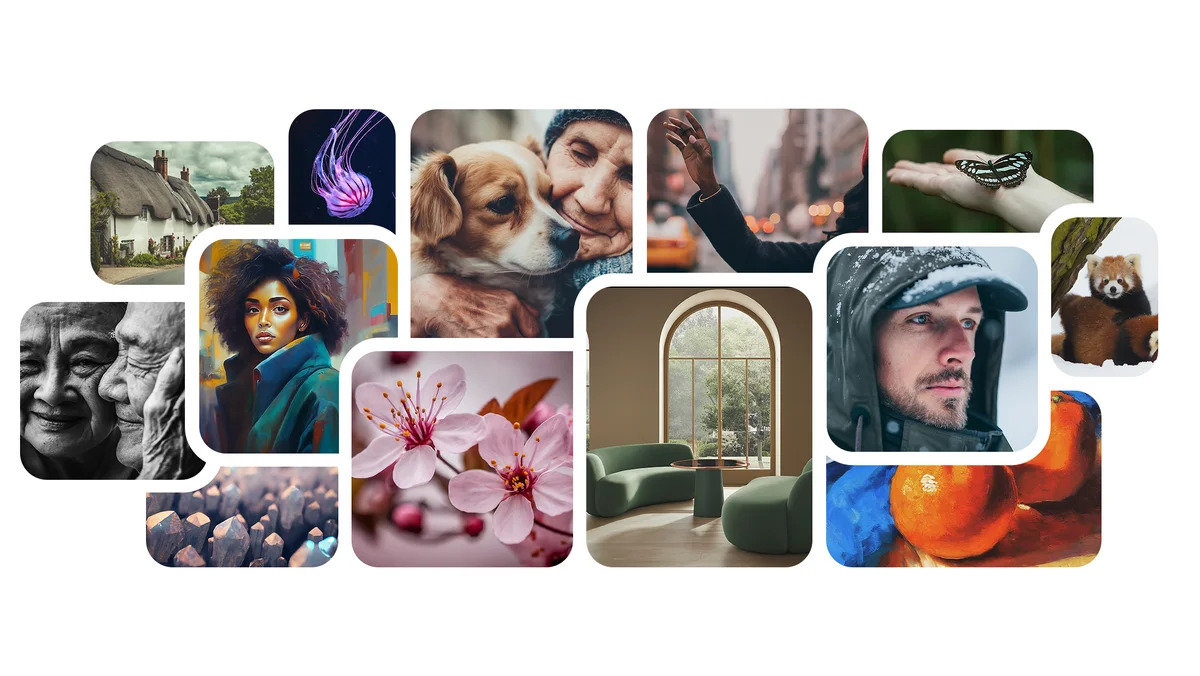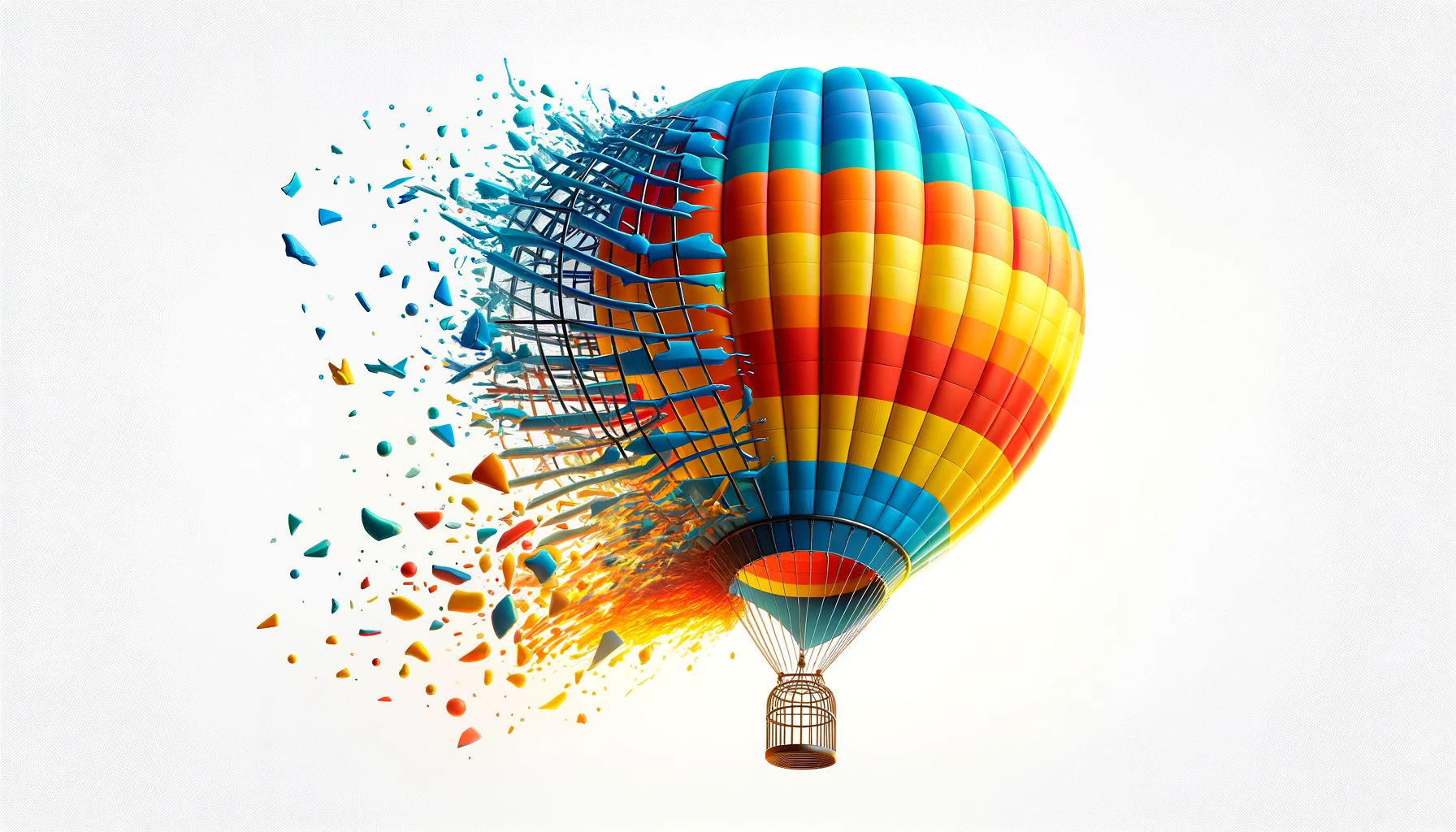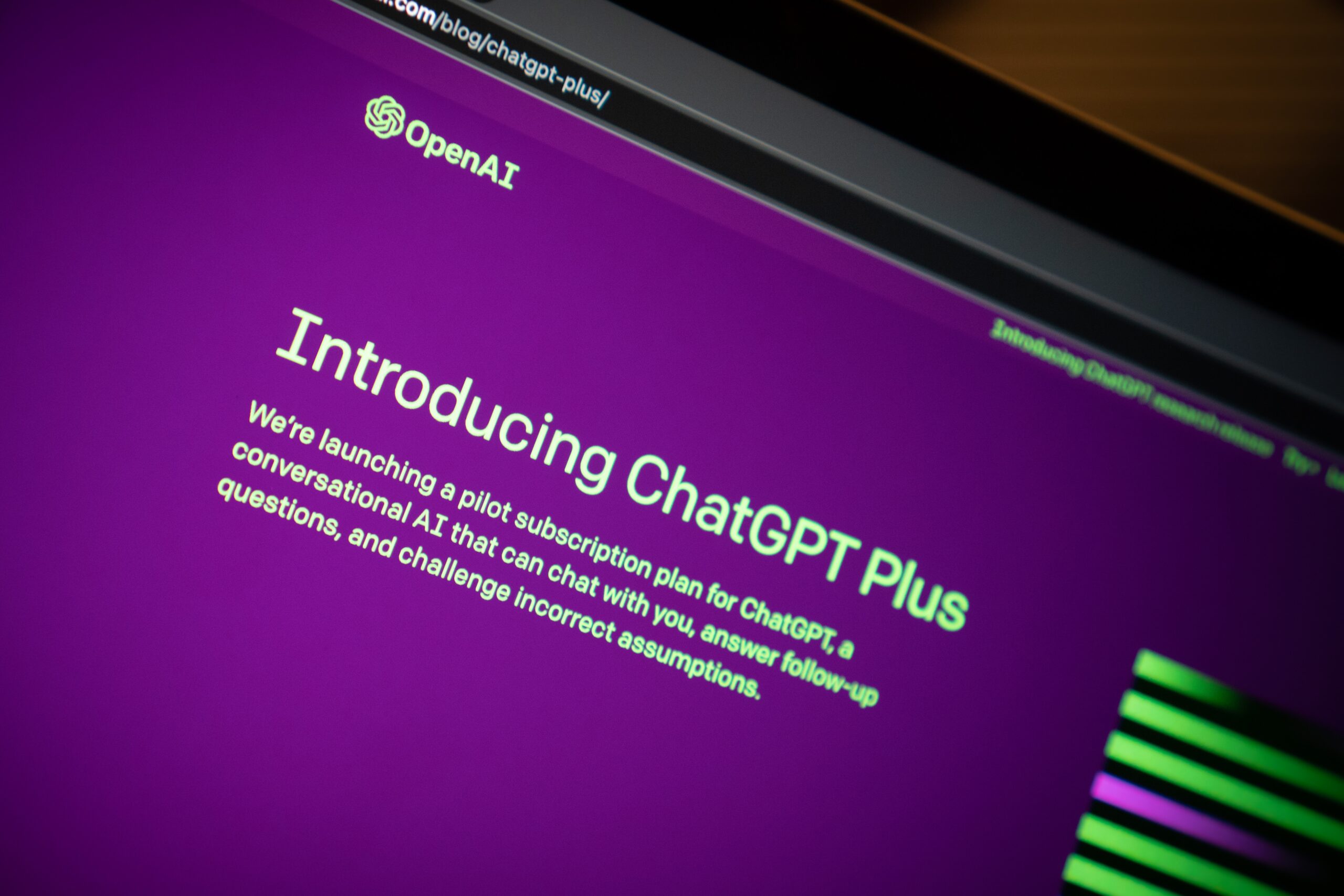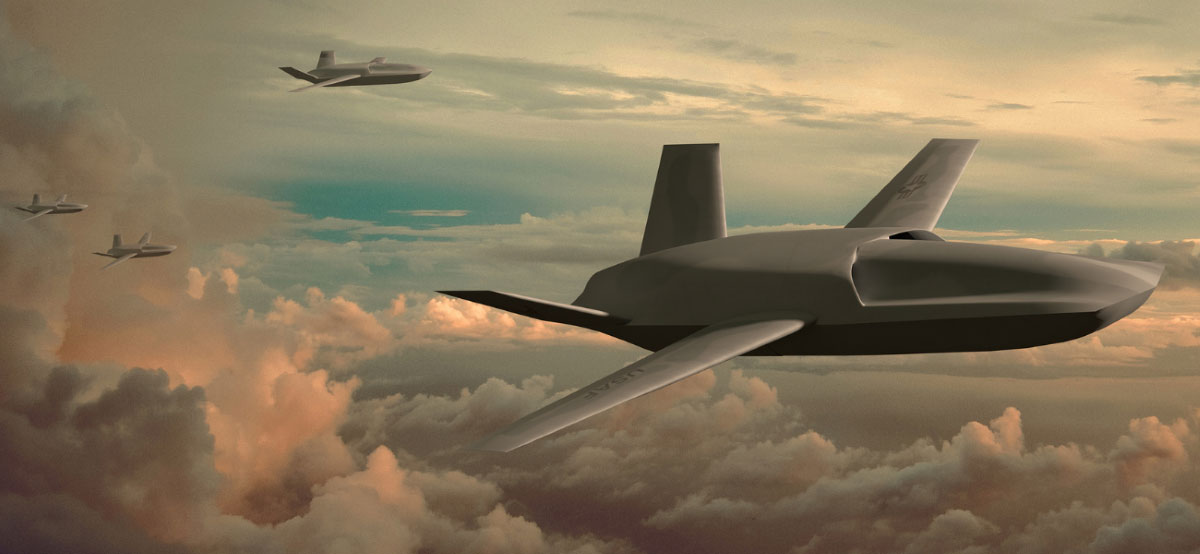Maximilian Schreiner
Max is the managing editor of THE DECODER, bringing his background in philosophy to explore questions of consciousness and whether machines truly think or just pretend to.
Read full article about: Amazon launches shopping chatbot Rufus
Amazon has introduced Rufus, a "new generative AI-powered conversational shopping experience." Rufus is designed to serve as a shopping assistant and, according to Amazon, has been trained with the Amazon product catalog and information from around the web. It is intended to answer customer questions about products, product requests and comparisons, make recommendations based on those customer conversations, and make product searches easier. Rufus is being launched today in beta to a small group of customers in the Amazon mobile app and will be rolled out to other U.S. customers in the coming weeks. Amazon recently introduced its first chatbot, which answers questions about products based on product reviews and descriptions.
